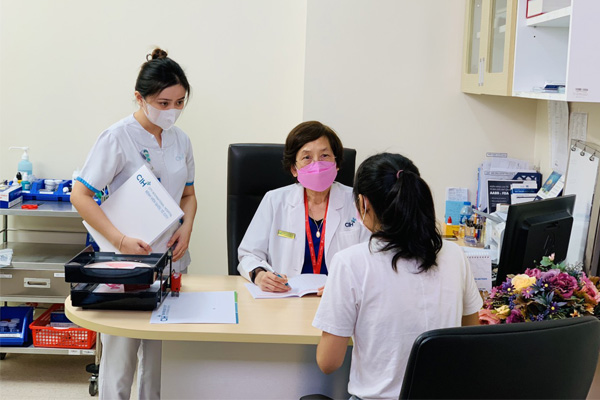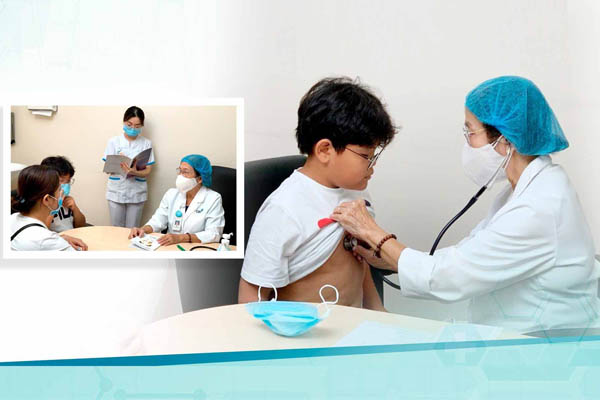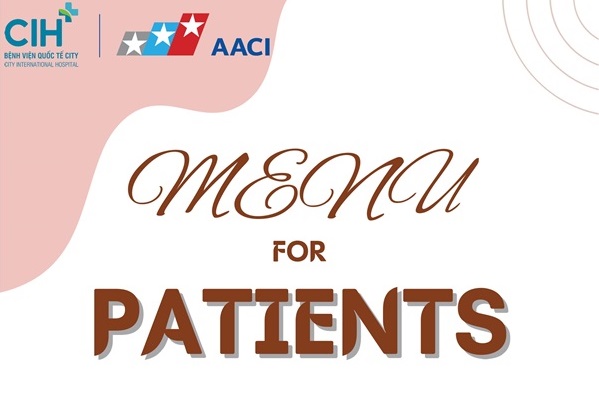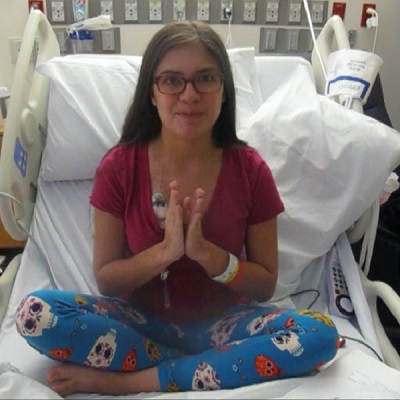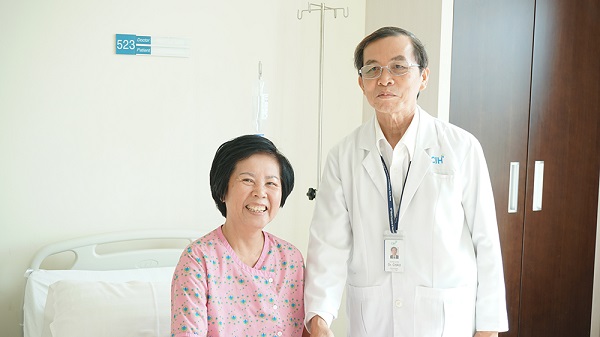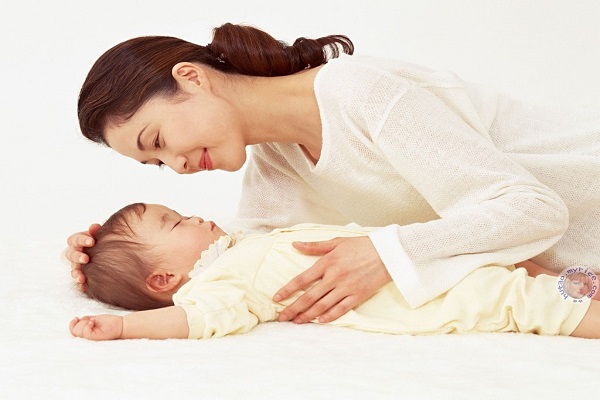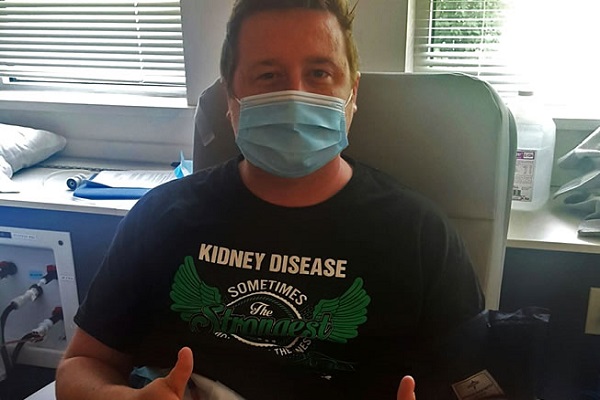Hay fever (seasonal allergic rhinitis) is caused by an allergic reaction to pollen. It can trigger sneezing, a blocked or runny nose and itchy eyes at around the same time each year. This article focuses on allergic rhinitis due to plant pollens. This type of allergic rhinitis is commonly called hay fever or seasonal allergy.
What is hay fever?
If you have hay fever (the medical term is seasonal allergic rhinitis), your immune system reacts to pollen from grass, trees or weeds. Pollen is a type of allergen – a harmless substance that can trigger an allergic reaction in certain people.
Hay fever symptoms include a blocked or runny nose, sore or itchy eyes and sneezing. You’ll notice these symptoms at certain times of the year when pollen is carried in the air. This is usually during the spring, summer and sometimes autumn months, and occasionally for some people, the winter.
Allergic rhinitis is becoming more common. Many people with hay fever also have asthma and eczema. These are called atopic conditions or atopy. You’re more likely to have atopic conditions if they run in your family.
Symptoms of hay fever
Hay fever symptoms aren’t usually serious, but if your symptoms are bad they can negatively impact on your work, home and social life. Symptoms may come and go or last for the whole of the hay fever season, depending on what you’re allergic to.
The most common hay fever symptoms include:
- sneezing
- a blocked or runny nose (rhinorrhoea)
- itchy eyes, nose, throat and roof of your mouth (palate)
- red or watery eyes
- postnasal drip (mucus dripping down your throat from the back of your nose) – this may make you cough
- headache, caused by a stuffy nose (the air spaces filled around your nose
A blocked nose is usually the most troublesome hay fever symptom. Red, watery or itchy eyes are also called allergic conjunctivitis. Some people with hay fever only have the eye symptoms.
Hay fever can make you feel very tired and irritable and stop you sleeping well. Some people find their hay fever makes them struggle to concentrate at work or at school and affects their usual daily activities.
In some people, pollen may also trigger asthma or make existing asthma worse. Hay fever can also cause sinusitis. Sinusitis can give you headaches, toothache or pain in your face.
Some people get hay fever-like symptoms all year round. This is called perennial allergic rhinitis, in which the allergens are usually caused by dust mites, pet hair or moulds.
Diagnosis of hay fever
If you have hay fever, you’ll probably be familiar with your symptoms and won’t need to see your GP. You can try to ease your hay fever symptoms with help from your local pharmacist. But if your symptoms don’t get better with over-the-counter treatments, it’s worth seeing your GP to check you have hay fever.
Your GP will usually be able to easily diagnose allergic rhinitis from your symptoms. They may ask when you notice your symptoms and whether you have any other allergies. They may also look inside your nose and check your eyes.
If your symptoms are unusual for hay fever, your GP may arrange for you to have an allergy test. You’ll see an allergy specialist, who may do a skin prick allergy test or blood tests to confirm what you’re allergic too.
Self-help and prevention for hay fever
If you have hay fever, the best way to prevent your symptoms is to avoid whatever’s causing them. But this isn’t always easy when you’re allergic to a substance like pollen, which is found in the air.
Here are some ways to help reduce your symptoms.
- Keep an eye on the daily pollen count. If you know the pollen count is going to be high, you can take action before your symptoms get too bad or even start.
- Stay indoors, and keep your doors and windows closed.
- Keep your car windows closed when you’re driving.
- Fit a car pollen filter and change it every time you get the car serviced.
- Stay away from grassy areas, especially during the early morning and evening when the pollen count is highest.
- Wear wrap-around sunglasses to keep pollen out of your eyes.
- Take a shower and wash your hair after going outside. Change your clothes too.
- Don’t dry your washing outside. Pollen can get trapped in the fibres of your clothes and bed linen.
- Apply a barrier balm around the inside of your nostrils to reduce how much pollen gets into your nose – petroleum jelly works for some people.
- Use a saline (salt water) nasal spray or rinse inside your nose or use steam inhalation to wash out the pollen.
If your eyes are sore or itchy, use a cold compress on them, or wash them with water, to ease your allergic conjunctivitis. If it’s been raining, or is raining, the pollen count should be lower, so your symptoms will probably be better on these days. The pollen count is usually higher on warmer, dry days.
Disclaimer:
As a service to our readers, City International Hospital (CIH) provides access to our library of archived content. Please note the date of last review on all articles. No content on this site, regardless of date, should ever be used as a substitute for direct medical advice from your doctor or other qualified clinician.
For appointment or further information on health screens or vaccination services, please contact:
- Ms. Võ Thị Mỹ Liên: (8428) 6280 3333, ext. 8424
- Ms. Nguyễn Thị Lệ: (8428) 6280 3333, ext. 8402
For any further information about medical services provided by City International Hospital, please contact:
- Operator: (8428) 6280 3333, ext. 0
- Address: Level 3, No. 3, 17A Street, Binh Tri Dong B Ward, Binh Tan Dist. (Next to AEON Mall Binh Tan). Ho Chi Minh City.
- Website: https://cih.com.vn/en/
- FB page: https://www.facebook.com/BenhVienQuocTeCity













